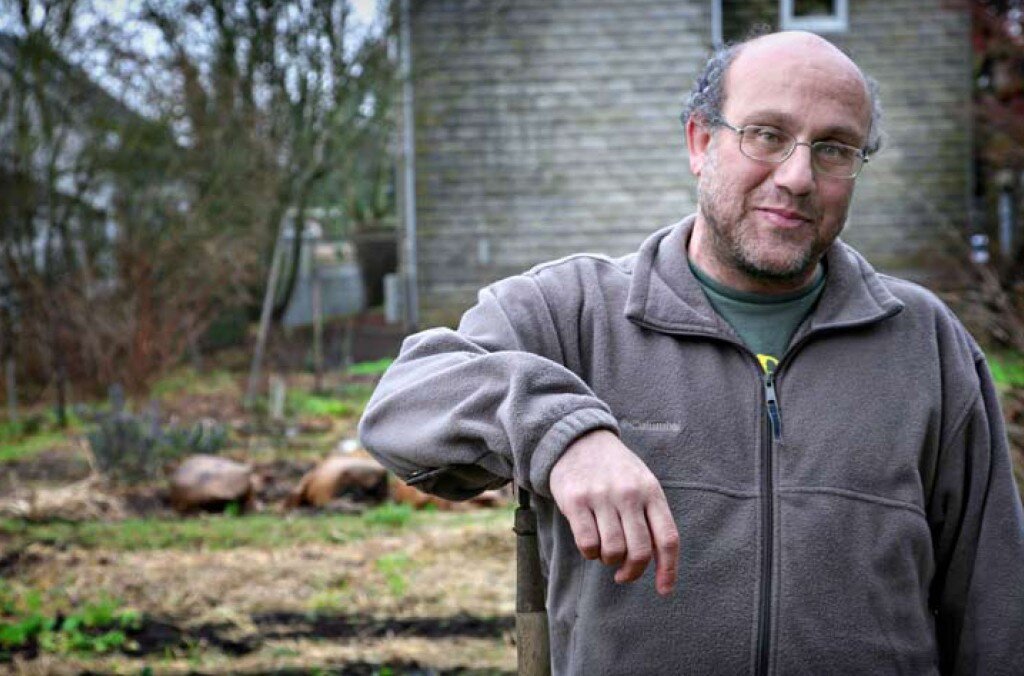
Fund Our Future: Policy brief outlines path to a thriving Hawaiʻi through fair tax reform
How Hawaiʻi can both avoid devastating cuts to public services and fund solutions to our most pressing problems.

Hawaiʻi Appleseed releases 2025–26 state budget primer and legislative recap
Together, these documents tell the story of how Hawaiʻi invests in its communities, analyzing the most recent legislative session and the budget that emerged from it.

Hawaiʻi Appleseed releases 2024 report exploring an Empty Homes Tax to address Honolulu’s housing crisis
Honolulu's severe housing crisis is being exacerbated by a growing trend of vacant homes purchased as investments by non-residents. To reverse this trend, Hawaiʻi Appleseed recommends a flat tax of 3–5 percent on empty homes.

Estate tax giveaway HB2653 would further concentrate wealth, drive inequality
New data-driven policy brief from Hawaiʻi Appleseed aims to educate lawmakers on the true nature of the policy proposal contained in this 2024 bill.

Hawaiʻi’s tax system makes inequality worse, national study finds
Hawaiʻi lawmakers can improve the economic health of our communities by re-balancing the state’s upside-down tax code.

Hawaiʻi's tenant-landlord mediation program kept hundreds housed amid pandemic fallout
Study aims to ascertain whether or not there are ways to increase housing stability by examining the temporary measures Hawaiʻi put into place in response to the COVID-19 pandemic.

Community partnership serves free meals to keiki during school closure
During this unplanned school closure, three SFSP sponsors—YMCA Honolulu, Parents and Children Together, and Palama Settlement—are opening food sites in low-income areas on Oʻahu for keiki.

Andy Fisher, food justice author, to speak at UH Manoa
Fisher will discuss why wealthy countries like the U.S. continue to struggle with food insecurity.

Hawaiʻi’s ‘housing wage’ is highest in the nation
Renters need to work a total of 143 hours a week at minimum wage to afford a two-bedroom apartment.

Hawaiʻi in bottom 3 states for serving after-school suppers to low-income keiki
The state is foregoing more than $500,000 per year in federal meal reimbursements as a result.

Hawaiʻi families, businesses and economy would benefit greatly from state Earned Income Tax Credit
Now is the time for Hawaiʻi to invest in its residents and businesses by creating a state refundable EITC that puts dollars back into workers’ pockets and into the cash registers of local business.
